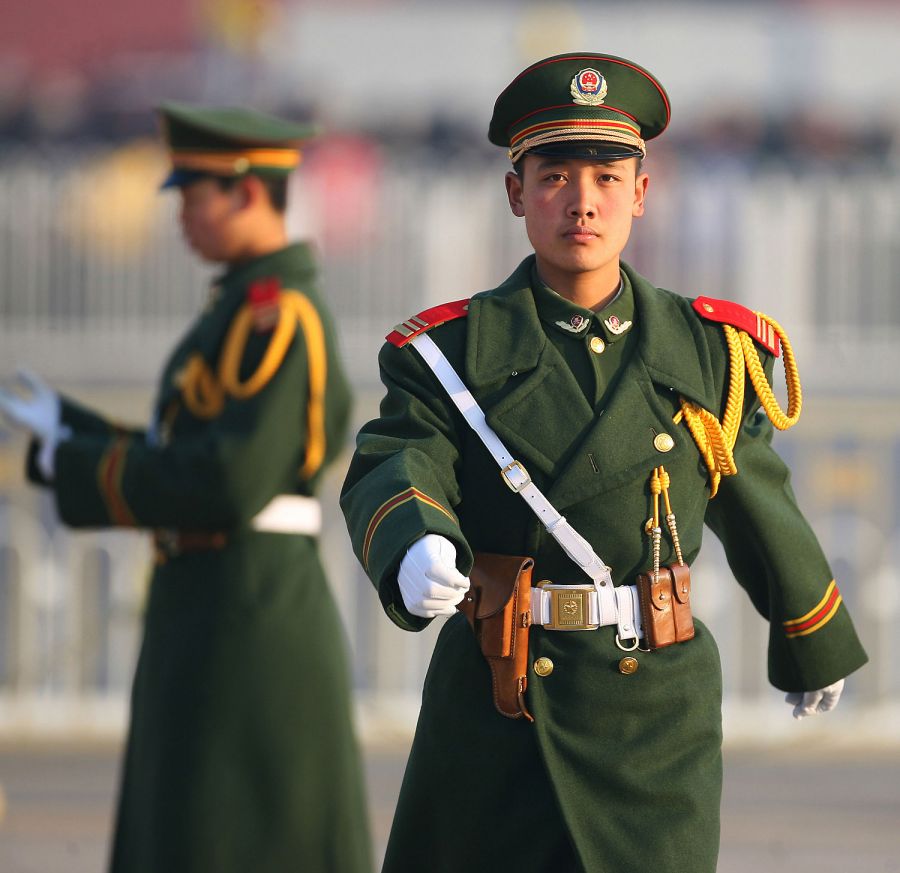Donald Trump’s was accused of being a hypocrite during one of his recent interviews with CNN after admitting he bought a lot of merchandise from China. Why wouldn’t an American billionaire buy from the US? There is so much more that could be written on this subject. And Trump didn’t nearly do a good enough job explaining it. So let me give it a shot.
China is currently utilizing several strategies in order to undermine America’s global economic hegemony. To cover even a few of them would fall outside of what’s really at stake between China and the U.S. What has long concerned Washington is China’s overt actions of purposefully decreasing the value of it currency which directly and negatively impacts the U.S., especially during times of high unemployment and while China continues to reach new levels of growth.
China’s protectionist polices are really neo-mercantilism or even National Socialism as opposed to the founding ideology of communism. And much of the reason why the U.S. has two hundred billion plus trade deficit with China is because of the country’s protectionist tendencies. Though China is bound by trade rules of the WTO that fosters free trade in the world, they manage to find ways to protect national businesses and industry.
This is how it’s done.
Let us suppose you are live in country A, and you wanted to buy a *200 dollar suit that country B made. However, the actual exchange rate from your currency to country B’s currency makes the suit more like *400. You still want the suit and decided to purchase it that weekend. In the meantime though your currency dipped further until finally the actual price in your currency is more like *450. That is devaluation because your currency wasn’t worth what it was just a few days ago even though the suit is still actually *200 back in country B.
Now you are faced with some choices, 1) fork over the money and buy it anyway, 2) Just buy the equivalent suit made in your own country for *200, or 3) forget about the purchase altogether.
What actually happens is more people take the second option and more suits made in country A are sold than made and exported from country B. As a result, more jobs are protected and industry secure in country A because everyone did the right thing and “bought from country A.” Since fewer goods from country B are sold, the job situation grows worse and the economy retracts. Export companies in country B cannot do was well as they would have before the devaluation of country A’s currency. Then, of course, the accumulation of this process drastically shifts the trade balance towards country A and puts country B at a disadvantage.
Obviously changes in the value of a state’s currency can have substantial impacts on the employment rate and a state’s trade balance vis-a-vis other states. At this point it is easy to see that country A is China and country B is the U.S. and none of this should be mistaken for macroeconomics. Because this is purposeful and political it falls under the category of international political economy.
In 2006, it was announced that the U.S. total trade deficit was $800 billion with the open acknowledgment that number was sure to grow because of our steady need of oil imports. Budget deficits affect a country’s prosperity and, ultimately, its power and influence internationally. In our increasingly interconnected global market, financial interactions can even threaten the sovereignty of a nation. Therefore, China’s purposeful manipulation of its currency is really an international monetary relation that affects all nations in the WTO and the greater community of free trading nations that rely on reciprocity to maintain cooperation.

![[USCHINA]](https://sg.wsj.net/public/resources/images/NA-BE363A_USCHI_NS_20100217182031.gif)
COMMENTS
Please let us know if you're having issues with commenting.